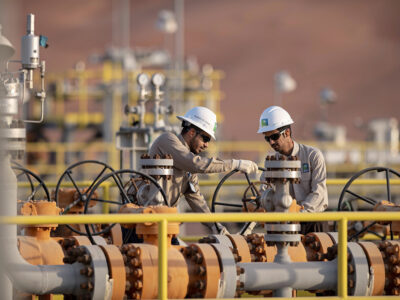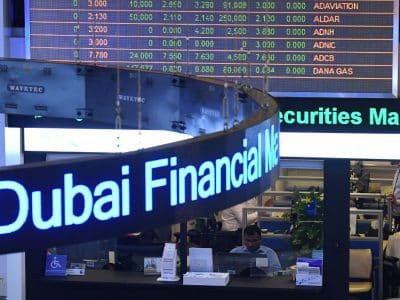Oil prices have climbed to the highest peak since 2008 as buyers continued to shun Russian crude following its war in Ukraine, while the OPEC+ continues to do its best to deal with the conflict started by one of its key members, Bloomberg reported.
Brent crude continued its rally, jumping 5.3% to $118.86 a barrel, as trade disruption, supply chain issues, and sanctions on Russia over to its war in Ukraine kept energy markets on edge.
OPEC+ wrapped up its meeting on Wednesday in a record time of just 13 minutes, keeping with its planned 400,000 barrel-a-day production increase, which was scheduled for April.
Russia is the world’s third-biggest oil producer and the second-most influential member of the OPEC+ alliance behind Saudi Arabia.
The International Energy Agency (IEA) has warned that global energy security is under threat and stated that a planned emergency release of crude reserves by the US and others has done little to quell market fears.
Sanctions placed on Russia impact energy, stock markets
The sanctions imposed on Russia for the invasion have caused traders to shun its resources, stoking fears of shortfalls in energy, grains and metals.
The widely-tracked MSCI Inc and FTSE Russell indexes have cut Russian equities, isolating the stocks from a large segment of the investment-fund industry.

The world’s oil majors including BP Plc, Shell Plc and Exxon Mobil Corp. have also pledged to exit Russia.
Meanwhile, the London Stock Exchange Group Plc, which is the UK’s primary stock exchange, has confirmed that it suspended trading of global depository receipts (GDRs) of several Russia-based companies including Rosneft, Sberbank, Gazprom, En+, and Lukoil.
Russia’s markets have remained under pressure after the US and its allies moved to block the Bank of Russia’s access to foreign reserves and cut some lenders off from the SWIFT messaging system for global banking.





